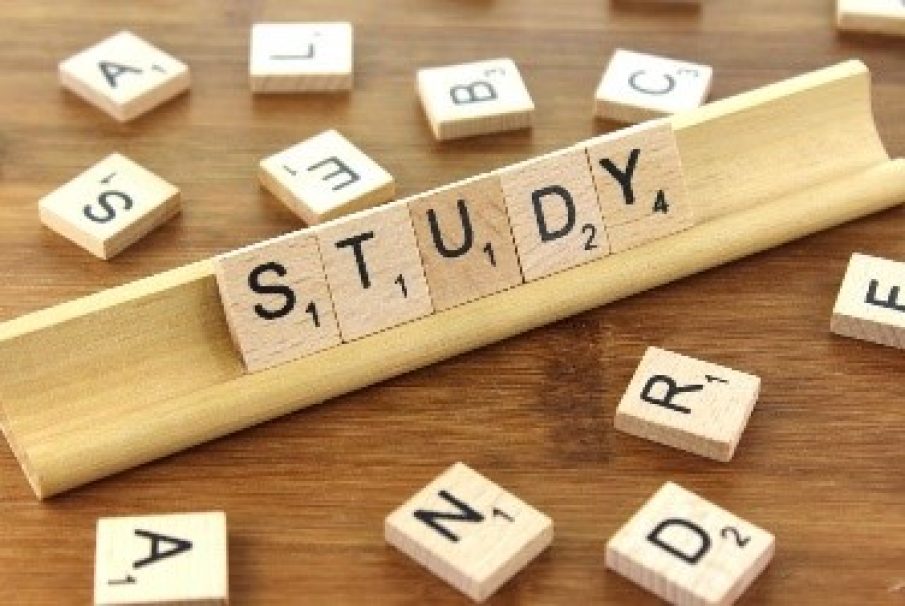For our senior students, the countdown has begun.
- How many school days to go?
- How many days until we find out if we have been successful in our prefect application?
- How many days until the NCEA examinations begin?
For our Juniors, exams are looming, too. This time of year can be daunting and cause anxiety. Here are some tips and tricks on surviving exams.
Tip One: Make a plan and stick to it. (Leave enough time to study)
Do you know when your exams are? If not, click here, and it will take you to the NCEA timetable. Don’t leave studying until the last minute. Set up a timetable for your study. Write down how many exams you have and the days to sit them. Then, organise your study accordingly. You might need to give some exams more study time than others, so find a balance that makes sense.
Tip Two: Organise your study place
Make sure you have enough space. Have you got enough light? Is your chair comfortable? Eliminate all distractions (yep, your phone), and create the best possible study atmosphere for yourself. We all thrive in different environments. Silence? Background music? Impeccable order? Utter chaos? Consider what works best for you. and set yourself up for success.
Tip Three: Use visual aids/lists
Visual aids can be helpful when revising. At the start of a topic, challenge yourself to write down everything you already know, then highlight the gaps and refer to the feedback you received from your subject teachers after the school entrance examinations. Closer to the exam, condense your revision notes into one-page diagrams. Getting your ideas down in this brief format helps you quickly recall everything you need to know during the exam.
Some people find making lists of the main words/concepts helpful. Create lists of no more than ten words to which you can link more detailed answers. If you’re more of a poet, how about an acrostic poem?
Tip Four: Take regular breaks and snack on brain food
Are you a morning person or a night owl? Work out when your brain is most in gear and study then. (Many) studies have proved that enormous study sessions without breaks are far less effective than shorter sessions with regular breaks.
For healthy brain food snacks, read the item in this newsletter, ‘Look after Your Brain!’ by Mrs Beaumont. Sugar only gives you a short burst of energy. Nutritious foods like fish, nuts, seeds, yoghurt, and fruit will keep you going much better. And drink plenty of water. Your brain will thank you.
Tip Five: Plan your exam day
Get everything ready at least a day or two before the exam. Suddenly realising you haven’t got everything you need or don’t know how you’ll get there will cause stress. Check all the rules and make sure you’ve got everything you need (a clear snaplock bag, a couple of blue or black pens in case one runs out, and any subject-specific tools like calculators, coloured pencils, etc).
Plan to be there WELL ahead of time. If you think it’s stressful realising the night before that you haven’t got something important you need, imagine how it will feel to be running late…
Tip Six: Believe in yourself!
If you put in the mahi, your results will reflect it. Good luck!


